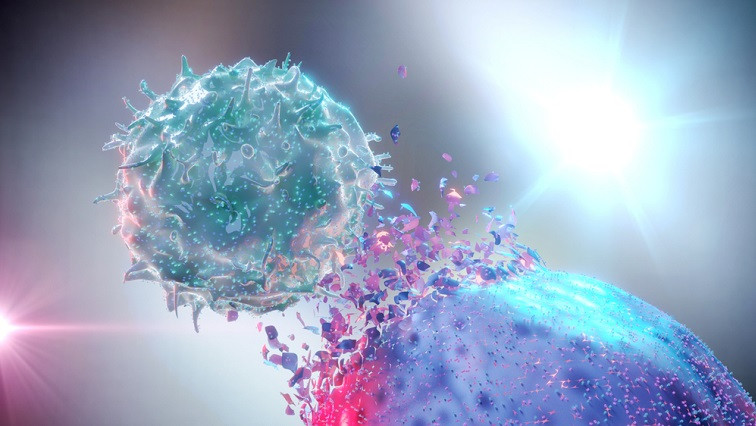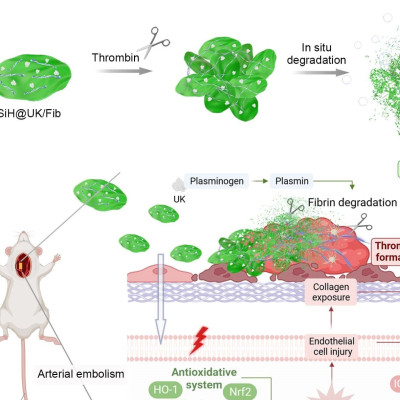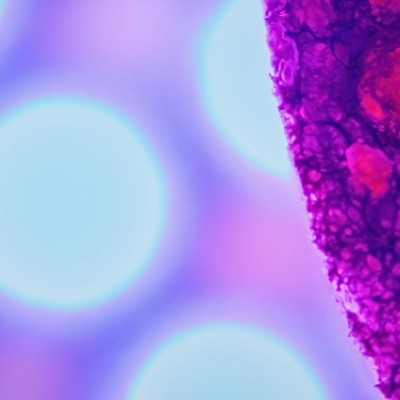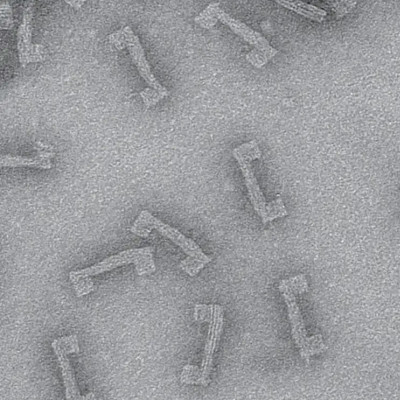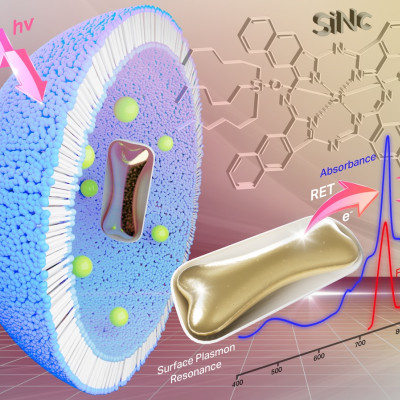For the past two years, the COVID-19 pandemic has gripped the world. The rapid development and production of vaccines was, and currently is, crucial towards efforts to curb the spread of the virus and easing the pressure on healthcare facilities. This pandemic has clearly demonstrated the importance of scientific research in medicine, and in particular, advances in nanotechnology and the immune system.
The immune system helps to protect us from pathogens. However, sometimes the immune system also plays a role in progressing diseases. It is possible though to stop this through the use of medicines that boost or moderate the immune system. This type of treatment is known as immunotherapy.
Unfortunately, some immunotherapies are not always effective, and often lead to undesirable side effects such as skin rashes, pneumonia, and unusual auto-immune responses.
Nanocarriers
Nanocarriers, which are nanostructures designed to transport materials such as drugs in the body, can carry medicines to specific organs and cells in the immune system. Importantly, this type of nano-immunotherapy approach can be more effective and safer than regular immunotherapy as it targets only the cells of interest.
Recent studies have shown that the shape of nanocarriers plays a role in their interaction with the immune system. However, in-depth studies investigating this have not been carried out, partly due to the challenges in properly controlling the construction of these nanocarriers at the nanoscale.
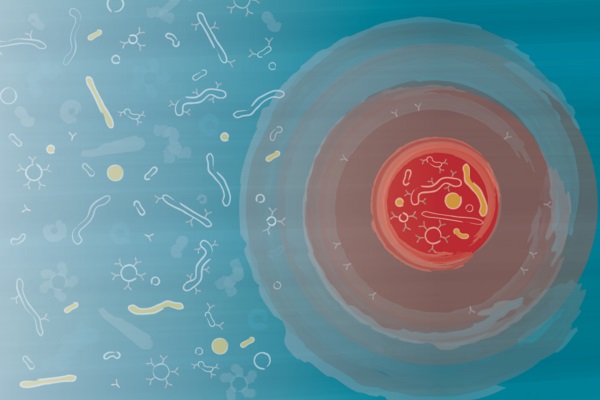
Exploring nanocarrier shape and size
For her PhD thesis, Annelies Wauters investigated how the size and shape of nanocarriers made from biodegradable polymers can influence interactions with the immune system, and how such nanocarriers can be applied in nano-immunotherapy.
To investigate the influence of the shape and size of nanocarriers, Wauters, who carried out the research in the Bio-Organic Chemistry Group which includes Jan van Hest and Loai Abdelmohsen, created a mini-library of nanocarriers to which she added special labels to help track the nanostructures in vivo.
“We discovered that the morphology of the nanocarrier was very important with regards to how the nanocarriers were distributed in tissue. Specifically, we were interested in looking at how the nanocarriers targeted immune organs and cells,” says Wauters.
Waking immune cells for the fight of their lives
Having shown that the nanocarriers could be used to target specific immune cells, Annelies Wauters and her collaborators decided to apply the particles to eliminate cancer cells.
“Often, cancer cells develop ways to avoid the defenses of the immune system, such as switching off immune cells entirely. So, we wanted to turn the tables on cancer cells,” says Wauters. “In other words, we wanted to kickstart the immune cells into action.”
And that is exactly what Wauters and her colleagues did, in collaboration with the Mulder lab. They delivered an immune cell activating drug in the nanocarriers, which effectively “woke up” the immune cells. Using this approach, they were able to slow down tumor growth in a murine model. In addition, they undertook the first key steps towards full clinical trials of the nanocarriers by showing that they are effective and safe in two non-human primate models.
Nanocarriers as artificial immune cells
Finally, Wauters used the nanocarriers to make artificial immune cells, which provide a cheaper and less invasive alternative to current cell-based immunotherapies.
With this in mind, she developed a method to place important immunoactive proteins on the surface of the nanocarriers in a very controlled manner.
“We tested these artificial immune cells for their ability to activate human immune cells,” points out Wauters. “The shape of the nanocarrier and the amount of the proteins on their surface were shown to control the activation of the immune cells.”
With this research, Wauters has laid important foundations for future research and applications of nano-immunotherapies. “The nanocarrier approach could be very important not only for cancer immunotherapy, but also for the treatment of autoimmune diseases or cardiovascular diseases, and the development of vaccines,” says Wauters.
The future
In terms of the nanocarriers, future research will explore how to use them to deliver other immunotherapeutic drugs, and also study in greater detail how the drugs they carry can influence the immune system. In addition, the synthetic immune cells will be studied in vivo.
Next up for Annelies Wauters is a postdoc position at the Tumor Immunology department at the Radboudumc where she will work on the clinical translation of synthetic immune cells for cancer immunotherapy. “I’m excited by this next step in my research career, and looking forward to developing new immunotherapies to help in the fight against cancer,” says Wauters.
Title of PhD-thesis: Shaping Polymeric Nanocarriers for Immunotherapy. Supervisors: prof. dr. ir. Jan C.M. van Hest (promotor) and dr. Loai K.E.A. Abdelmohsen (co-promotor) from the Bio-organic Chemistry research group in the Department of Chemical Engineering and Institute for Complex Molecular Systems (ICMS).
Read the original article on TU/e.

